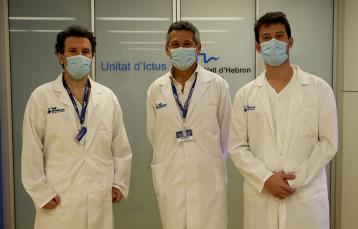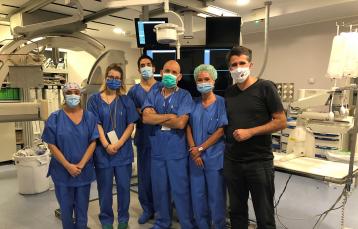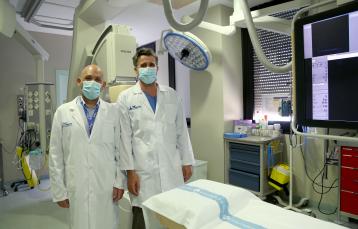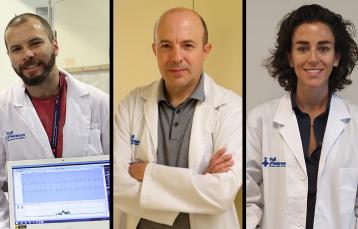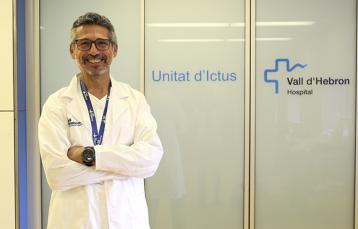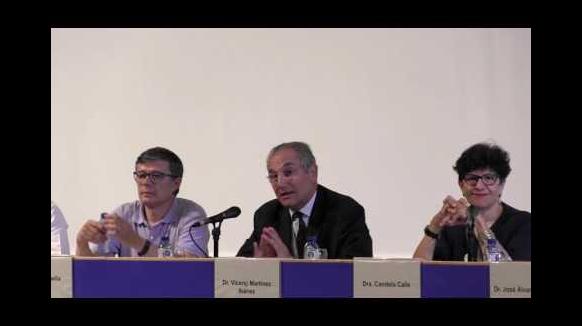Vall d'Hebron tests robotic thrombectomy for stroke with a pioneering study in Europe
Comparteix aquest contingut
Related professionals
Dr. Xavier
Montalban Gairín
Montalban Gairín
Dr. Xavier
Montalban Gairín
Montalban Gairín
Dr. José
Álvarez Sabín
Álvarez Sabín
Dr. José
Álvarez Sabín
Álvarez Sabín
Sra. Nadia
Puertas Porrino
Puertas Porrino
Sra. Pilar
Meler Amella
Meler Amella
Sra. Pilar
Meler Amella
Meler Amella
Nursing Supervisor
Dra. Maria
Salvadó
Salvadó
Dra. Maria
Salvadó
Salvadó
Dra. Marta
Torres Ferrús
Torres Ferrús
Dra. Marta
Torres Ferrús
Torres Ferrús
Dra. Patricia
Pozo Rosich
Pozo Rosich
Dra. Patricia
Pozo Rosich
Pozo Rosich
Sra. Cristina
Rivera Rubio
Rivera Rubio
Sra. Cristina
Rivera Rubio
Rivera Rubio
Physiotherapist
Physical Medicine and Rehabilitation
Dr. Oriol
de Fàbregues
de Fàbregues
Dr. Oriol
de Fàbregues
de Fàbregues
Dra. Marta
Rubiera
Rubiera
Sra. Elisenda
Conde Rodriguez
Conde Rodriguez
Sra. Elisenda
Conde Rodriguez
Conde Rodriguez
News and events











